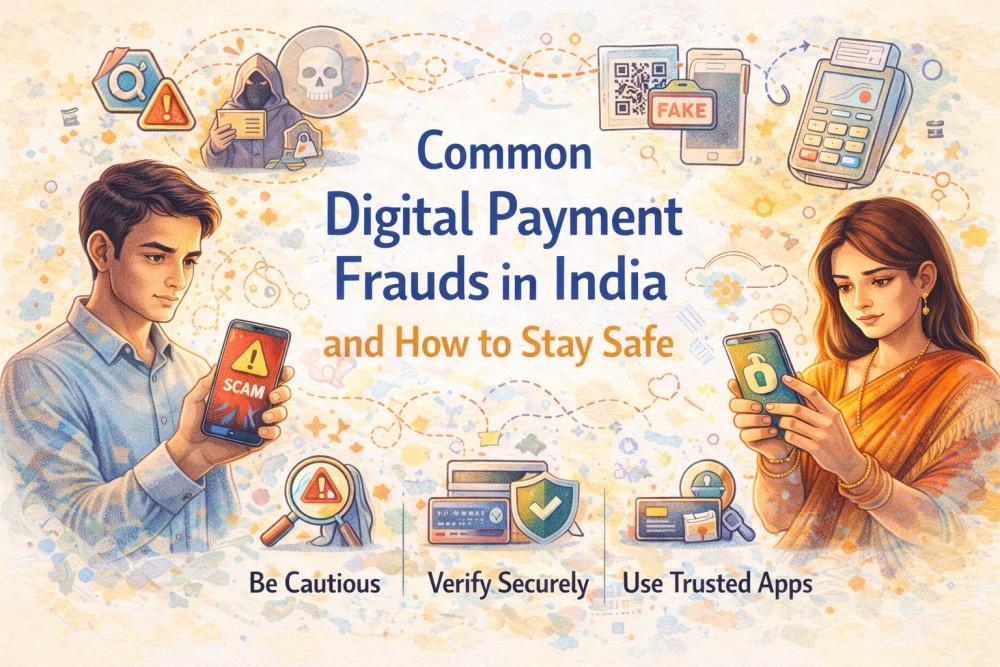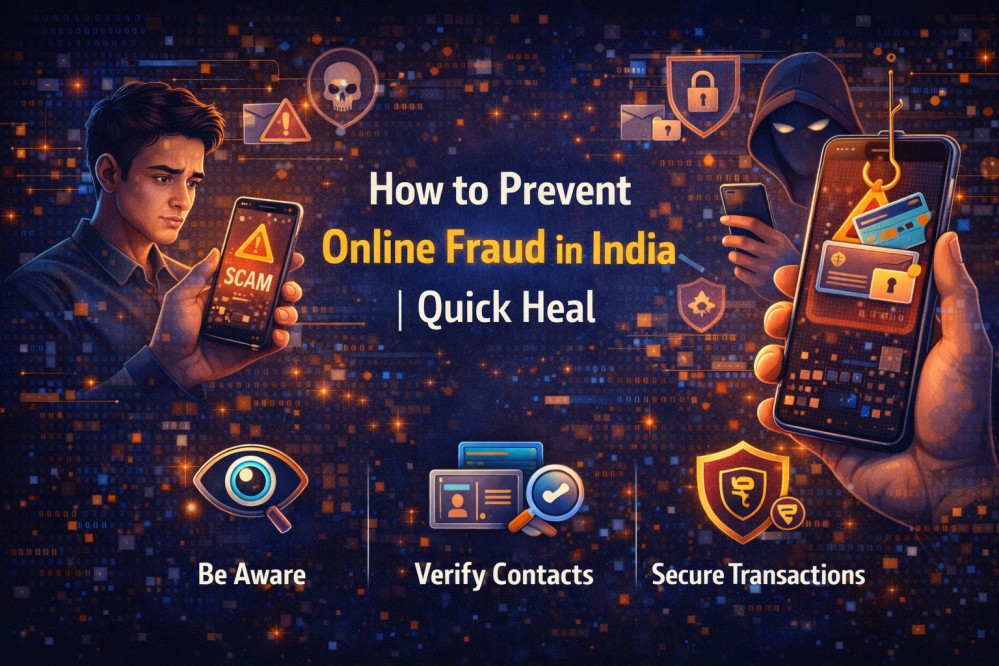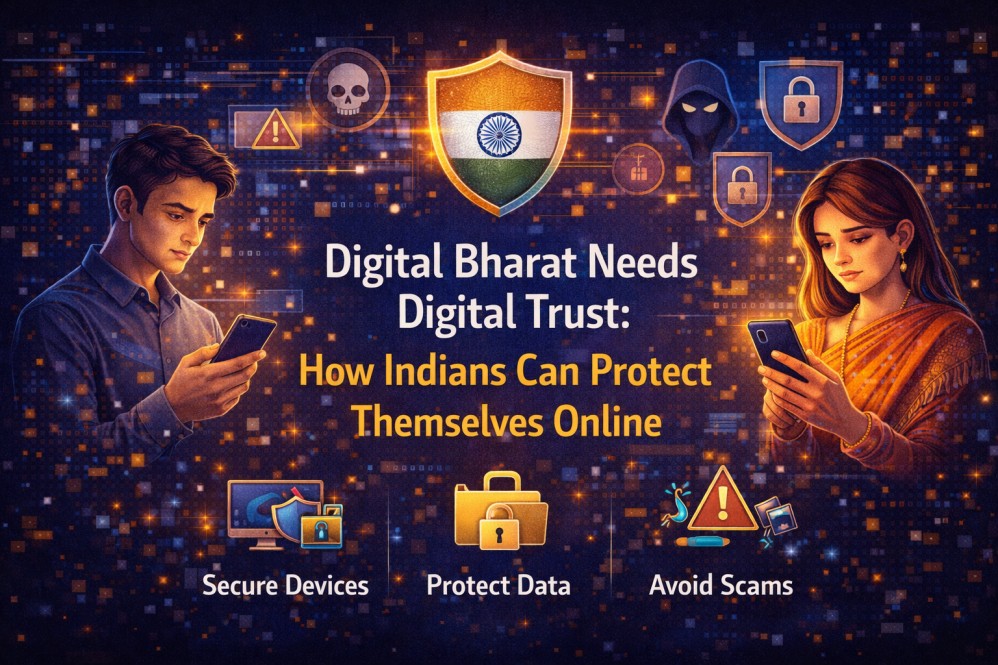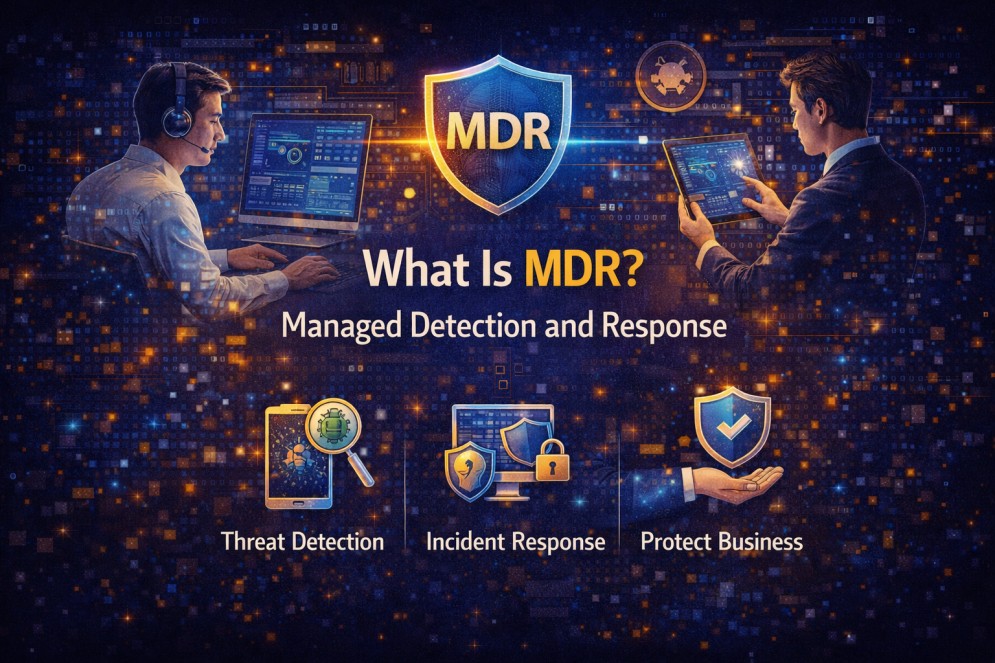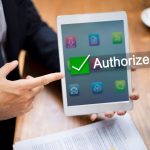
Apr

Essential Tips for Safe Online Banking and Financial Transactions
-
Quick Heal / 10 months
- April 25, 2025
- 0
Online banking has become a convenient and essential part of managing our finances. However, with the rise of online banking comes the risk of financial fraud and financial scams. Cybercriminals are constantly developing new tactics to steal sensitive information and gain unauthorized access to bank accounts. Therefore, it’s crucial to understand and implement best practices for safe online banking to protect your financial assets and personal information.
The consequences of falling victim to online banking fraud can be severe, ranging from unauthorized transactions and identity theft to the complete draining of your bank account. By taking proactive measures and following essential safety tips, you can significantly reduce the risk of becoming a target for financial fraud and ensure the security of your online banking activities.
Top Online Banking Safety Tips
To safeguard your online banking transactions and protect your financial information, consider implementing the following essential safety tips:
Use Strong and Unique Passwords
One of the most fundamental aspects of online banking safety is creating strong and unique passwords for your accounts. A strong password should:
- Be at least 12 characters long
- Include a mix of uppercase and lowercase letters, numbers, and special characters
- Avoid using personal information like birthdays or names
- Be unique for each online banking account
Consider using a password manager to generate and securely store complex passwords, making it easier to maintain unique credentials for multiple accounts.
Enable Two-Factor Authentication (2FA)
Two-factor authentication (2FA) adds an extra layer of security to your online banking login process. In addition to your password, 2FA requires a second form of verification, such as:
- A one-time code sent via SMS or email
- A code generated by an authenticator app
- Biometric data like fingerprints or facial recognition
By enabling 2FA, you make it significantly harder for unauthorized individuals to access your account, even if they have obtained your password.
Monitor Your Bank Statements Regularly
Regularly reviewing your bank statements is crucial for detecting any suspicious or unauthorized transactions. Make it a habit to:
- Check your statements at least once a week
- Enable transaction alerts via email or SMS
- Promptly report any discrepancies to your bank
By monitoring your statements consistently, you can quickly identify and address any potential financial fraud before it escalates.
Be Cautious of Phishing and Scam Emails
Phishing is a common tactic used by cybercriminals to trick individuals into revealing sensitive information. Be wary of emails claiming to be from your bank that:
- Request personal information or login credentials
- Contain suspicious links or attachments
- Create a sense of urgency or threaten account suspension
Remember, legitimate banks will never ask for sensitive information via email. If you’re unsure about an email’s authenticity, contact your bank directly using official channels.
Avoid Public Wi-Fi for Banking
While public Wi-Fi networks offer convenience, they also pose significant risks when it comes to online banking safety. Public networks are often unsecured and vulnerable to interception by cybercriminals. To protect your financial transactions, avoid accessing your bank accounts or entering sensitive information while connected to public Wi-Fi. If you must use public Wi-Fi, consider using a virtual private network (VPN) to encrypt your connection and enhance security.
How to Spot Financial Fraud and Scams
Knowing how to recognize the signs of financial fraud and scams is essential for protecting your online banking activities. Be vigilant and watch out for:
- Unsolicited emails, text messages, or phone calls claiming to be from your bank
- Requests for personal information, login credentials, or account details
- Pressure to make immediate payments or transfers
- Offers that seem too good to be true, such as guaranteed investment returns or lottery winnings
If you suspect a financial scam, trust your instincts and refrain from providing any information or making payments. Contact your bank through official channels to report the incident and seek guidance.
Tools and Solutions for Fraud Prevention
In addition to following best practices, leveraging tools and solutions designed for financial fraud prevention can further enhance your online banking security. Consider:
- Using antivirus and anti-malware software to protect your devices from malicious software
- Installing a firewall to monitor and control network traffic
- Utilizing financial fraud detection tools provided by your bank, such as transaction monitoring and alerts
- Enabling biometric authentication, such as fingerprint or facial recognition, on your devices
By combining these tools with the essential safety tips discussed earlier, you can create a robust defense against financial fraud and financial scams.
Quick Heal: Enhancing Your Financial Fraud Protection
Quick Heal Total Security offers a comprehensive suite of security features designed to protect your online banking activities and prevent financial fraud. With Quick Heal’s Safe Banking mode, you can create a secure and isolated environment for your online banking transactions, shielding them from potential threats.
Additionally, Quick Heal’s advanced anti-malware engine and real-time protection help detect and block malicious software that may attempt to steal your financial information. By incorporating Quick Heal’s financial fraud solutions into your online banking routine, you can enjoy peace of mind knowing that your transactions are protected by a trusted and reliable security provider.
Keep Your Finances Safe with Quick Heal
Safe online banking is a critical aspect of managing your finances in the digital age. By understanding the risks associated with financial fraud and implementing essential safety tips, you can significantly reduce the likelihood of falling victim to financial scams and unauthorized access to your accounts.
Remember to use strong and unique passwords, enable two-factor authentication, monitor your bank statements regularly, be cautious of phishing attempts, and avoid using public Wi-Fi for banking online. Additionally, leveraging tools and solutions like Quick Heal Total Security can provide an extra layer of protection against financial fraud.
By staying informed, vigilant, and proactive in your approach to online banking safety, you can confidently navigate online while keeping your assets and personal information secure.
Check Out Our Full Antivirus Range

